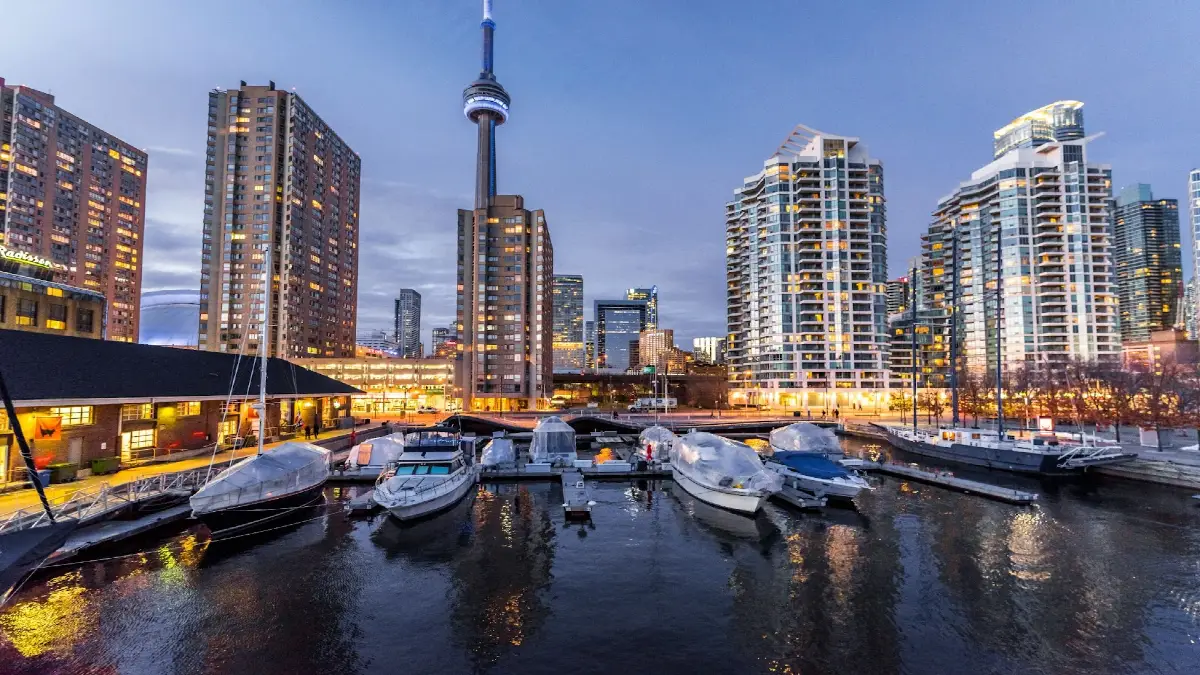Last Updated on January 13, 2018 by Bharat Saini
Net Neutrality got a strong support when Ram Sewak Sharma, Chairman Telecom Regulatory Authority of India (TRAI), while issuing a series of recommendations on net neutrality rules on November 28, 2017, stated that India has a huge population; huge things are going to happen on the internet. It is important that to keep this open. TRAI seeks to bar any practice where selected content is blocked, degraded, slowed down or granted preferential speeds. The scope of the proposed principles on non-discriminatory treatment should apply specifically to ‘Internet Access Services’, which are generally available to the public.
Net Neutrality, or open Internet, is the principle that Internet Service Providers (ISPs) and Governments regulating the Internet must allow all consumers access to all legal content and applications on an equal basis, without favouring some sources or blocking others. They must treat all data on the Internet the same and not discriminate or charge differentially by user, content, website, platform, application, type of attached equipment, or method of communication.
Internet is extremely important for a country like India. It is a great platform for innovation, start-ups, banking, and government applications such as health, telemedicine, education, and agriculture. It is going to become further important in view of the Internet of Things and a huge number of applications. It is therefore important to ensure that Internet remains an open and free platform. If a customer is paying for the data, then he should have the final choice in deciding as to where he goes. ISPs should have nothing to do with the choice of the customer; they should not in any way guide, hinder, or modify the choice of the customer. Highlights of the TRAI’s recommendations are:
- ISPs should not engage in any discriminatory treatment of content. Networks should be neutral to the content which is being accessed through them and should not prefer one kind of content over another.
- ISPs should be prohibited from entering into any arrangement that has the effect of discriminatory treatment of content.
- Networks should not throttle and they should not block.
- Specialised Services be kept out of the ambit of net neutrality and treated as non-neutral. In specialized services quality is extremely critical that require specialized kinds of resources. These services should not be used as substitute for internet access. For example, a bank has dedicated pipes among its branches to create a wide area network. These are specialized things because they are not using public internet. However, it should not be detrimental to the availability of internet access services.
- Developments that improve the overall quality and capacity of the Internet or the possibility of emergence of new categories of services or innovative ways of delivering existing services should not be restricted.
- Flexibility may be allowed to ISPs & Telcos to carry out reasonable traffic management, which is necessary for the delivery of an acceptable level of quality of services, such as ‘fast lanes’ for some content based on traffic behaviour if it is done only to maintain network integrity at times of extreme congestion.

